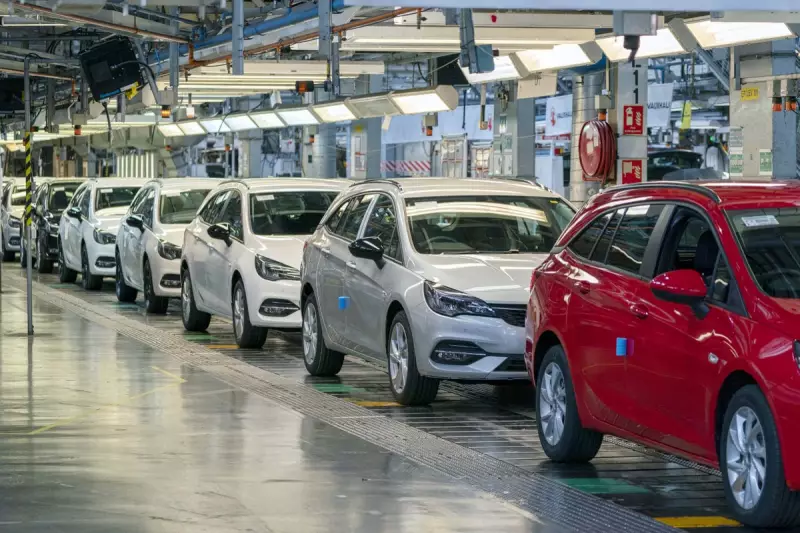
The UK's automotive industry shifted into a higher gear in February, registering a robust 10% increase in car production compared to the same month last year. According to the latest figures from the Society of Motor Manufacturers and Traders (SMMT), factories across the country turned out 79,907 units, signalling a positive trajectory for the sector.
The growth was overwhelmingly fuelled by the booming export market, which accounted for over eight out of every ten cars built. The European Union solidified its position as the UK's most vital trading partner, absorbing well over half of all exports. Strong orders from key global players like Turkey, Japan, and China further contributed to this impressive performance.
Electric Revolution Powers the Production Lines
A deep dive into the numbers reveals the true engine of this growth: the unstoppable rise of electrified vehicles. Production of battery electric (BEV), plug-in hybrid (PHEV), and hybrid (HEV) models surged dramatically, collectively representing more than a third of all cars manufactured. This shift underscores the industry's massive pivot towards a zero-emission future.
Mike Hawes, Chief Executive of the SMMT, hailed the figures as "a step in the right direction" but sounded a note of caution. While the growth is welcome, he emphasised that production volumes still lag significantly behind pre-pandemic levels, highlighting the ongoing challenges of high energy costs and fierce global competition.
Domestic Market Struggles to Keep Pace
In a contrasting trend, output for the UK's domestic market declined, underscoring the ongoing cost-of-living pressures on British consumers. This domestic weakness highlights the critical importance of competitive trade deals and supportive government policies to bolster demand at home.
The SMMT is now urging the UK government to foster a more competitive business environment and to ensure the implementation of the Rules of Origin rules with the EU does not disrupt the burgeoning electric vehicle trade. The industry's recovery, while promising, remains fragile and heavily dependent on maintaining free and fair trade with its largest market.





